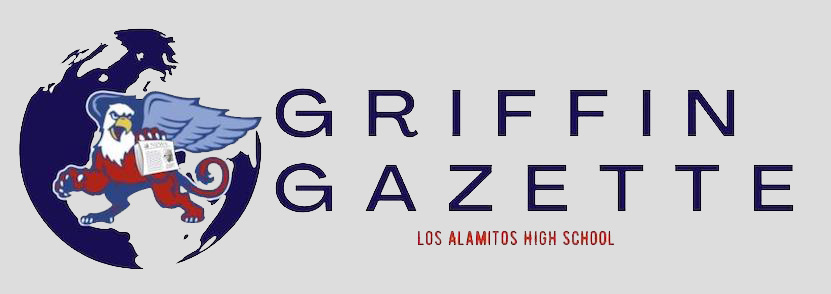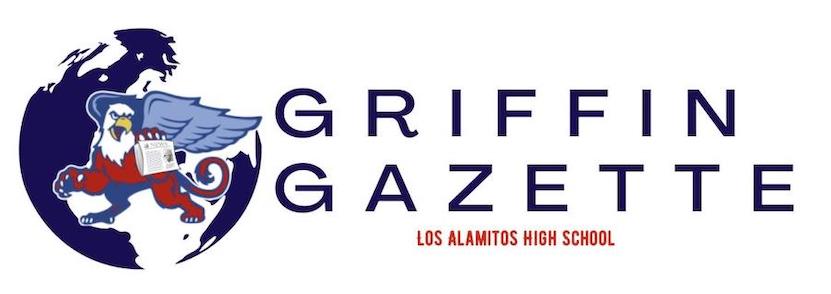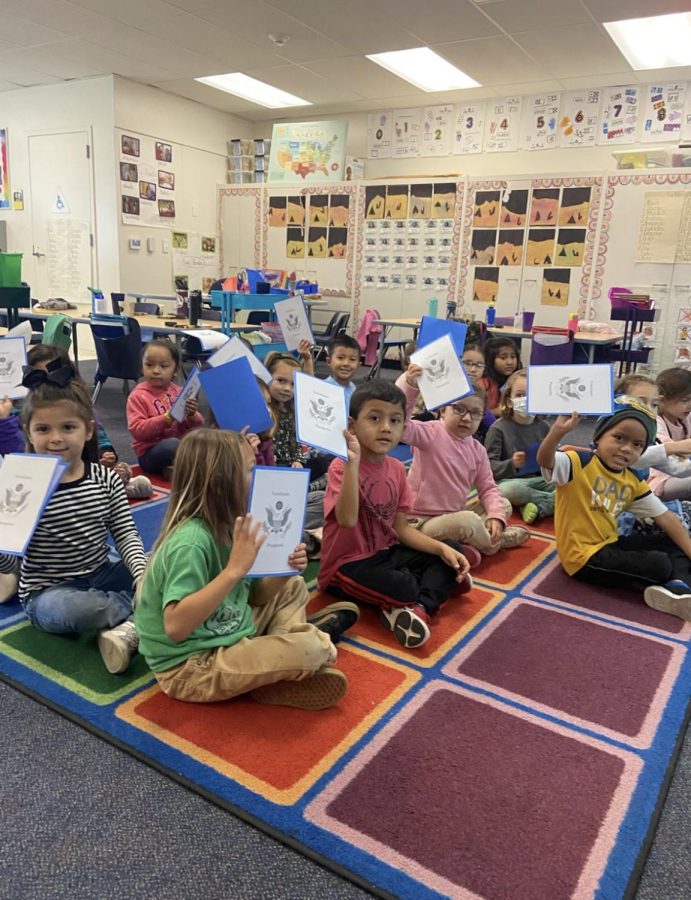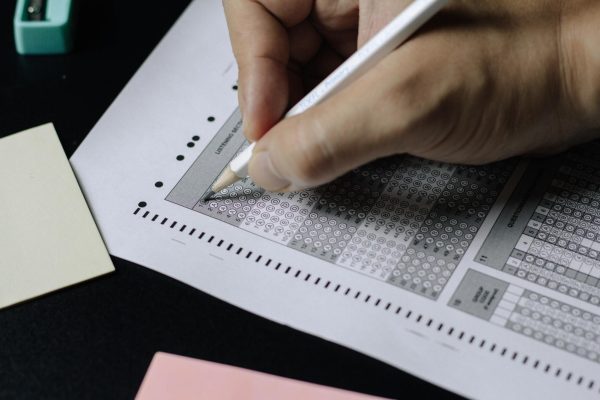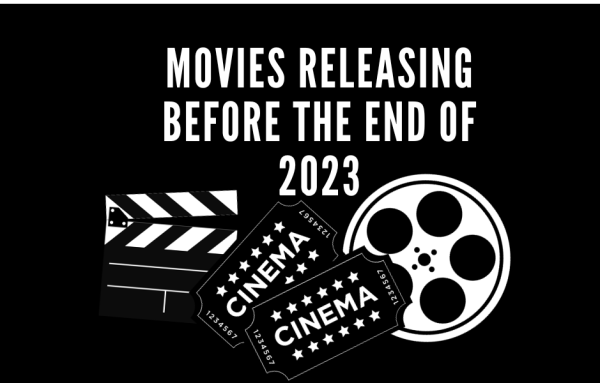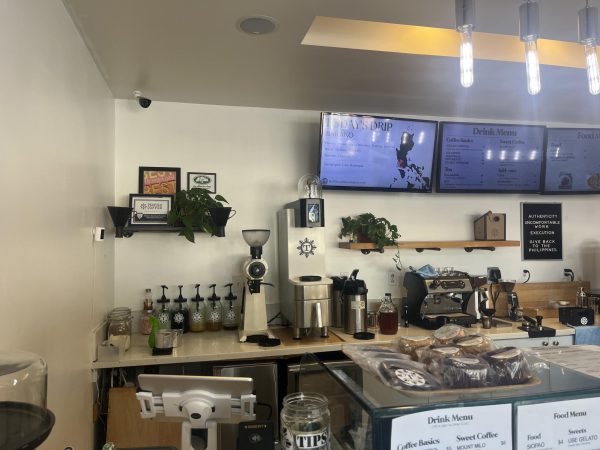What is Transitional Kindergarten?
The emphasis of the preschool to kindergarten transition and its power in building communication skills
February 27, 2023
LOS ALAMITOS, CA– Transitional Kindergarten, otherwise known as TK, became available statewide in 2010 shortly after the Kindergarten Readiness Act.
As of 2012, children had to turn five by Sept. 1 to enroll in kindergarten. Currently, TK is available for children who turn five between Sept. 2, 2023, and April 2, 2024. By the 2025/2026 school year, TK will be available for all students who turn four by Sept. 2. While TK is not mandatory, it is highly recommended for those eligible. TK is a two-year program used to introduce students to the skills (year one) needed for kindergarten (year two). TK students learn the basics of literacy, mathematics, and language development as well as social and communication skills. Seen as a grade below kindergarten, TK contains both preschool and elementary school qualities.
“Students have the opportunity to practice fine motor skills, strengthen social/emotional skills, have exposure to the school day with activities like recess and lunch and other school day activities,” Weaver Elementary School TK teacher Stacy Schmitz said. In the past few years, the age range changed over time, condensing and expanding the age gap of eligibility. Originally enforced to turn five before Dec. 1 has flexibly changed leading up to the current eight-month window.
A study conducted by Transitional Kindergarten in California found that a comparison of students who took TK, and those found that TK students’ scores under letter word identification were an average of 22.4 out of 25 compared to students who did not take TK, which made up an average of 17.45 out of 25, 20% lower than those who participated in TK. Studies also found students in traditional programs’ scores were 4% lower in applied problems.
“Sometimes students adjust to kindergarten quite quickly because they have had exposure the year before and some still take a while to adjust depending on the individual student,” Schmitz said.
TK students were also found more engaged by teachers but there were no differences found in social skills. This was most likely because of other childhood programs such as preschool or daycare which have a focus on social skills and communication.
The TK program is questioned as an efficient strategy for the growth of social skills and a better understanding of the school environment or whether this is just another way to bring children at a younger age into the school system. While currently optional, TK is a great opportunity to introduce students to their school years ahead.
